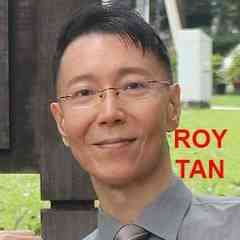
Wiki Article "gay Men In The Singapore Armed Forces"
-
Popular Now
-
- 6 replies
- 106 views
-
Looking for Cam Partners (Warning : Don't Chat Naked, you might be filmed) 1 2 3 4 3258
By Guest simonccc, in Personals
- 162,852 replies
- 6,253,611 views
-
Penang ( Malaysia ) - Massage / Sauna (Compiled) [No prostitution allowed] 1 2 3 4 545
By Guest 2727, in Travellers Hut
- 27,241 replies
- 2,461,085 views
-



Recommended Posts